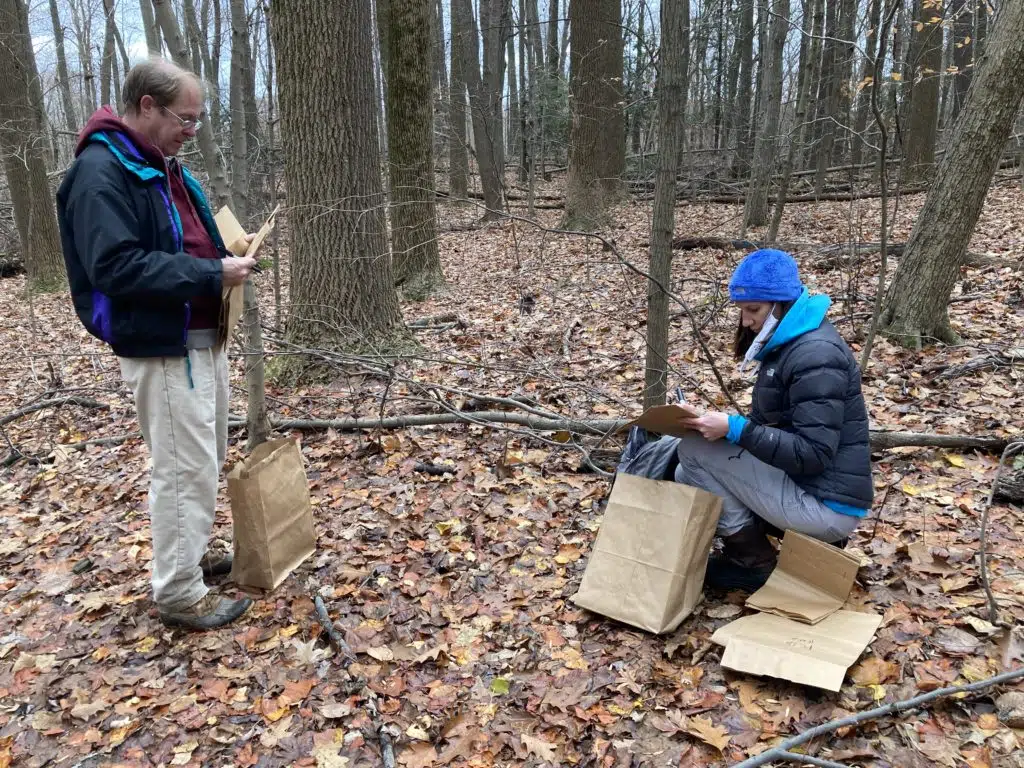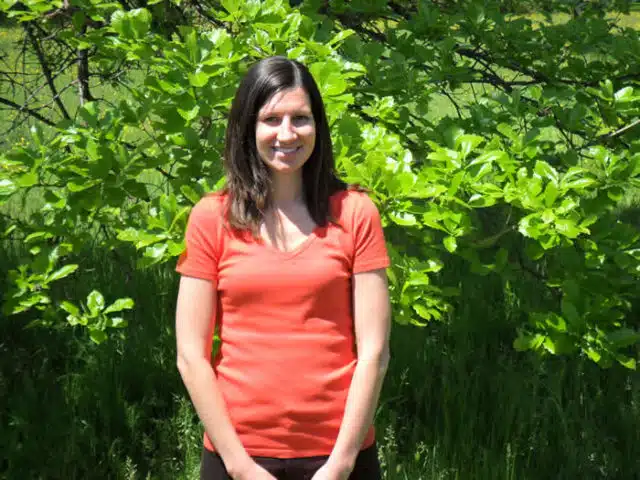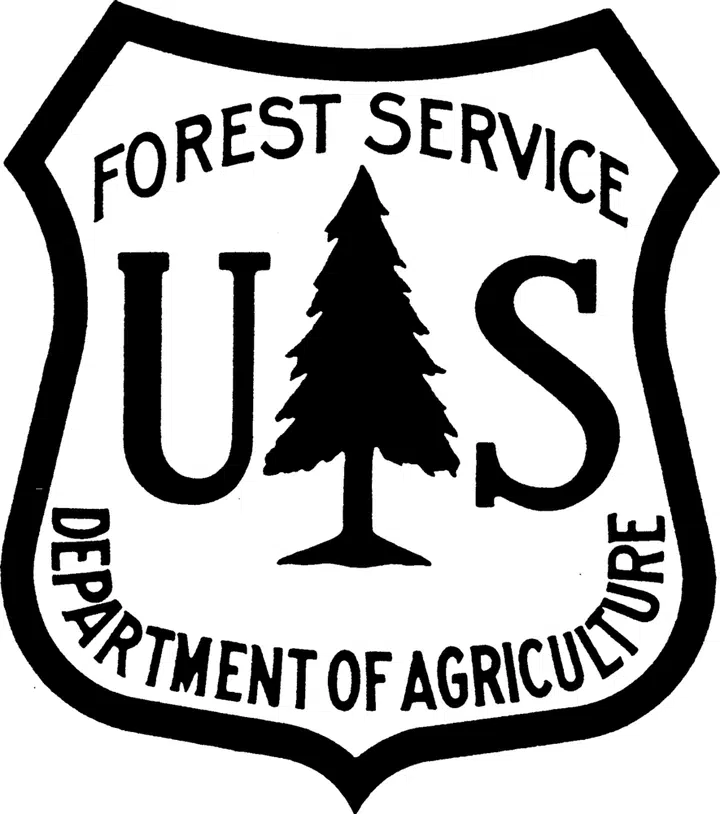Healthy Soils have a Healthy Dose of Decomposition: Celebrating World Soil Day
December 2, 2021

By: Sarah Kyker, Emma Dawson-Glass, Katie Stuble, and David Burke
December 5th marks World Soil Day. World Soil Day began in 2014, initiated by the United Nations, to focus attention on the importance of soil health. But what exactly is healthy soil? The soil ecology lab at Holden Forests & Gardens asks this question each and every day.
Soils are not just dirt; they are teeming with a diverse group of organisms, especially fungi and bacteria. Soils have an incredibly high diversity of these microorganisms. In just one teaspoon of uncontaminated soil there can be close to 1 million different bacterial species and thousands of fungal species. These soil bacteria and fungi, along with a group of invertebrates (e.g., worms and insects) known as shredders, are the decomposers of the organic matter that enters the soil. In forests, rotting logs and fallen leaves are slowly decomposed by these workhorses. Scientists believe that this decomposition may play a key role in helping to mitigate the effects of climate change.
How exactly does decomposition affect climate change? Well, decomposition releases nutrients in the soil and makes them available for plant uptake. The more nutrients there are for plants, the more the plants can grow. As the plants grow, they take in carbon dioxide from the atmosphere and store this carbon as biomass (i.e., trunks, branches, leaves, roots, etc.). Forests trees are an incredible resource for removing carbon dioxide from the atmosphere and storing that carbon for long periods of time.
Carbon is also stored in the soil and can remain there for millennia. After carbon is released into the soil during decomposition, it can be taken up by soil microbes and become part of the soil food web where it transfers from one organism to the next. Carbon belowground can also become bound to soil minerals or can remain in the slowly decomposing organic matter. This storage of carbon belowground is often overlooked in favor of carbon storage by tree. But, belowground carbon storage is critical to combating climate change.
While decomposition makes nutrients accessible to growing trees and to the soil food web, the process also releases carbon dioxide; the organisms doing the decomposing release it as a biproduct. Some environmental conditions increase decomposition such that more carbon dioxide is released than what is taken up by growing plants, making it too much of a good thing. In forests at Holden, we are studying environmental conditions that affect tree growth and decomposition, mainly soil pH and soil phosphorus availability. Back in 2009, we set up an experiment that raised soil pH in 18 forested plots by adding agricultural limestone. We also raised the availability of soil phosphorus in 18 plots by adding triple super phosphate. We now have twelve years of data on tree growth. We also have been measuring the quality of the leaf litter every fall, specifically exploring the amount of carbon and nitrogen in the leaf litter. Understanding these changes helps us understand how soil pH and phosphorus availability affect decomposition, tree growth, and ultimately, carbon sequestration.

There are a number of examples in the scientific literature of how soil organisms and their contribution to decomposition are important for ecosystem health and crop yield. In fact, a group in Oregon has started a campaign called “Soil Your Undies” where farmers and landowners are challenged to bury a pair of new cotton underwear. After 60 days, the more decomposed the underwear, the healthier the soil! (See the campaign here.) As we celebrate World Soil Day this weekend, we know we will take a moment to appreciate the activities of soil organisms, which help keep our soils filled with nutrients and our environment healthy and thriving! We hope you will too! Maybe you’ll even take the challenge and soil your undies as well!
This month, members of the Soil Ecology Lab at Holden Forests & Gardens will run workshops for middle school students visiting the arboretum. The visit is part of the Arthur Holden Leadership Institute program run through the YMCA. The workshops are titled “Soil is Alive” and create hands-on experiences to learn about soil bacteria, fungi, and invertebrates!

Sarah Kyker, PhD
Postdoctoral Research Associate
Dr. Sarah Carrino-Kyker is a microbial ecologist interested in the influence of environmental change, both natural and human-caused, on microbial communities. Because microorganisms are small in size, they are environmentally sensitive. Yet their health and functionality can have a large impact on the overall health of a habitat due to their role in ecosystem processes. Her current research is focused on the soil communities of forests, how they’re impacted by environmental changes, and how these impacts in turn affect the health of the overall habitat or ecosystem.













